The d7vk project, an open-source initiative, has successfully extended Linux compatibility to classic Windows games written for Direct3D 7, a proprietary Windows graphics API released in late 2000. This achievement marks a significant milestone in the quest to bring thousands of Windows games to the Linux platform.
According to project lead, the d7vk team has managed to improve upon existing WineD3D compatibility layers, which have been supporting Direct3D 7 games for over two decades. The new project leverages the existing dxvk compatibility layer, used by Valve's Proton for SteamOS, and reportedly offers better performance on many games. "We're excited to see the community's response to our efforts," said the project lead in an interview. "Our goal is to provide a seamless gaming experience for Linux users, and we believe d7vk is a significant step towards achieving that goal."
The d7vk project's development is a testament to the ongoing efforts of the open-source community to bridge the gap between Windows and Linux gaming. For years, Valve has been improving the capabilities of its Proton compatibility layer, which has enabled thousands of Windows games to run on SteamOS. However, the layer's limitations have restricted its compatibility to games written for Direct3D 8 and later. The d7vk project's focus on Direct3D 7 games fills this gap, allowing Linux users to access a wider range of classic titles.
Industry experts have welcomed the d7vk project's achievement, citing its potential to revitalize the Linux gaming ecosystem. "This is a significant development for Linux gaming," said a gaming industry analyst. "The d7vk project's success demonstrates the power of open-source collaboration and the community's dedication to creating a more inclusive gaming environment."
The d7vk project is currently available for download on GitHub, and the development team is actively seeking feedback from the community. As the project continues to evolve, Linux users can expect to see more classic Windows games become available on their platform of choice. With the d7vk project's success, the future of Linux gaming looks brighter than ever, and the community is eager to see what's next.
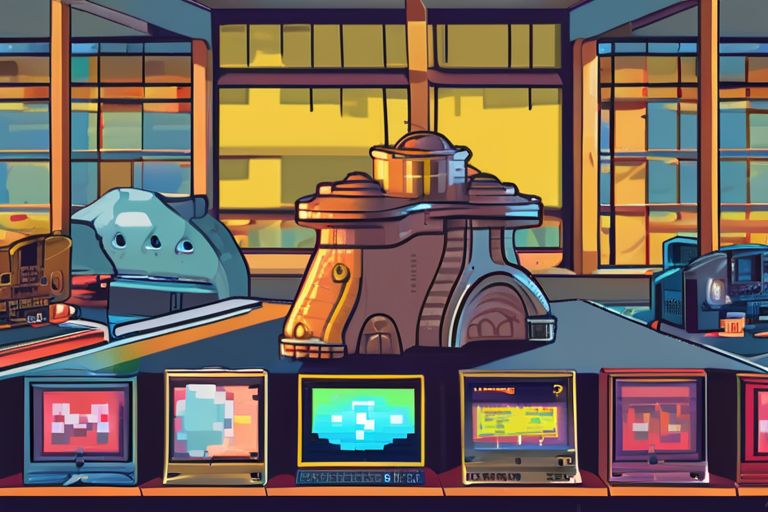



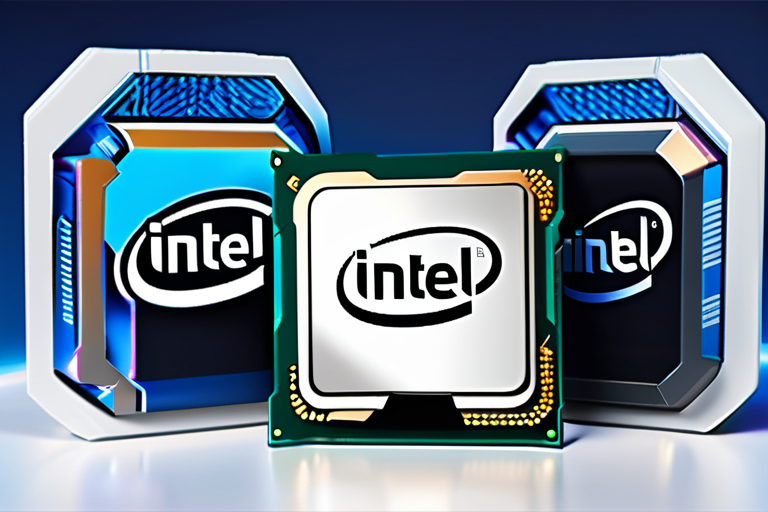
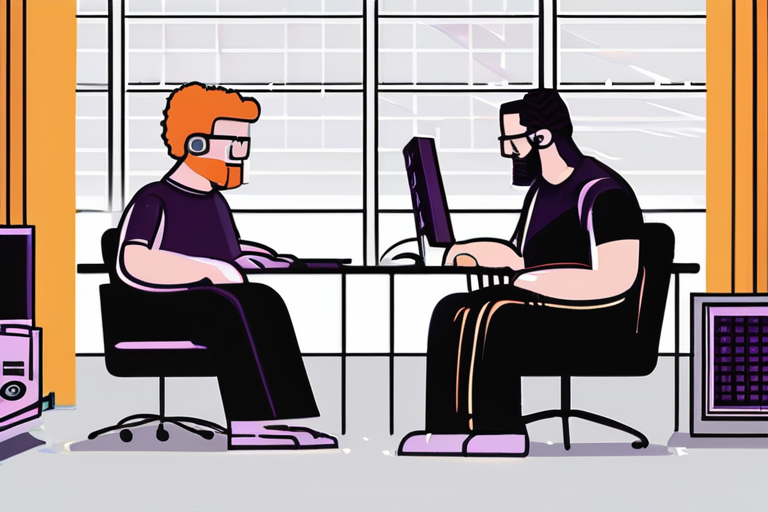
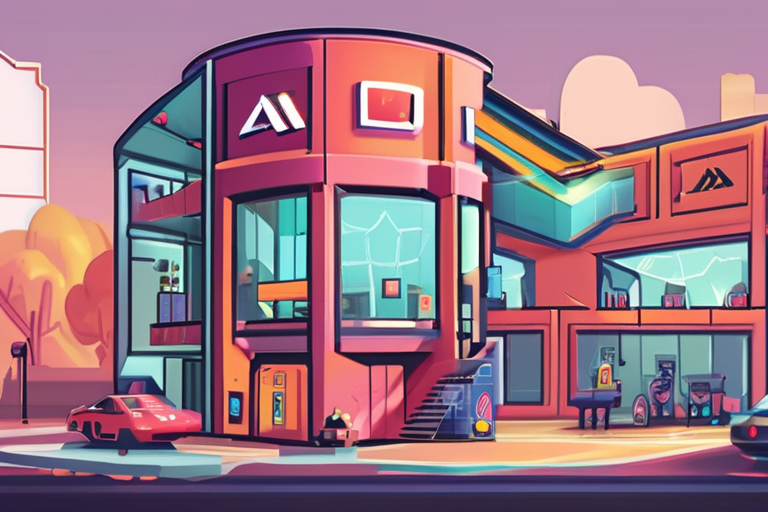
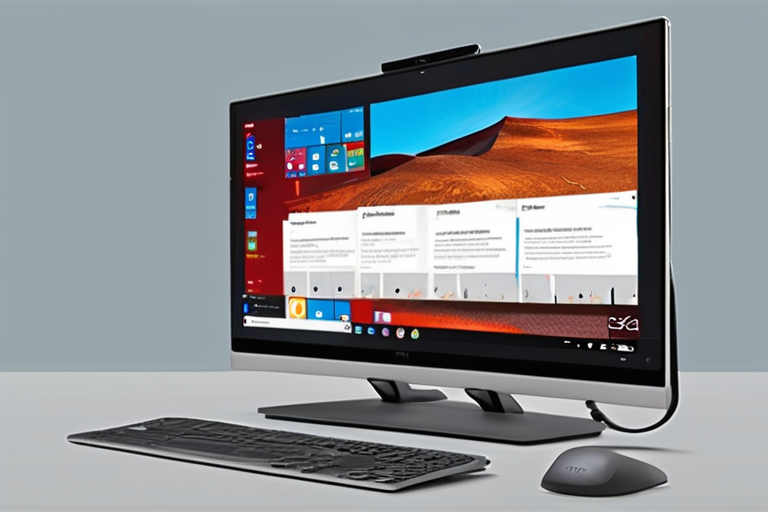
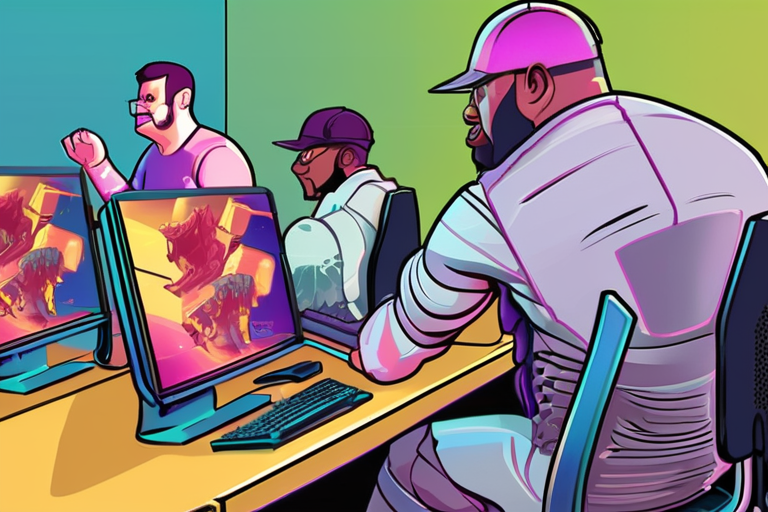
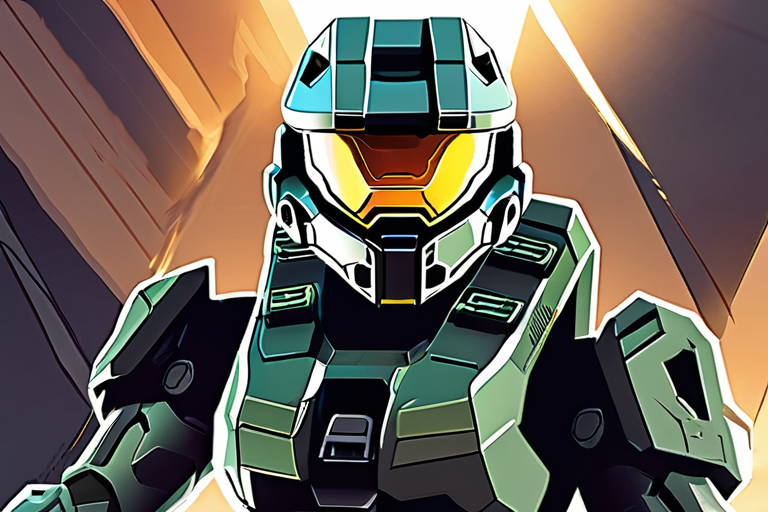

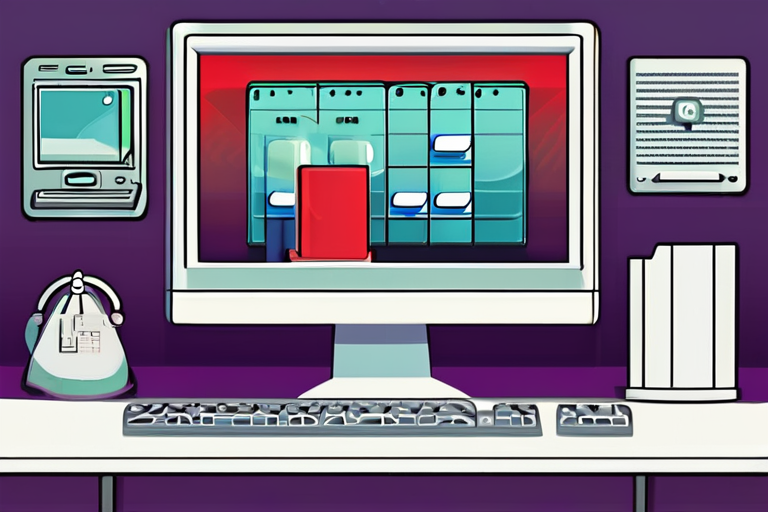
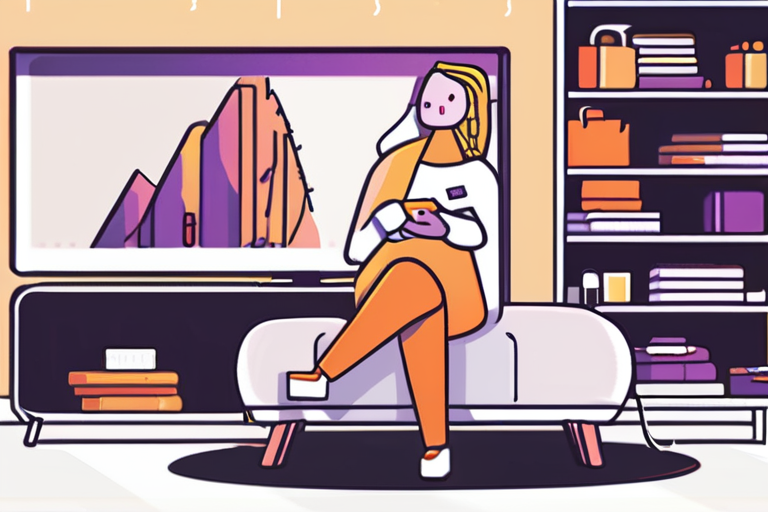
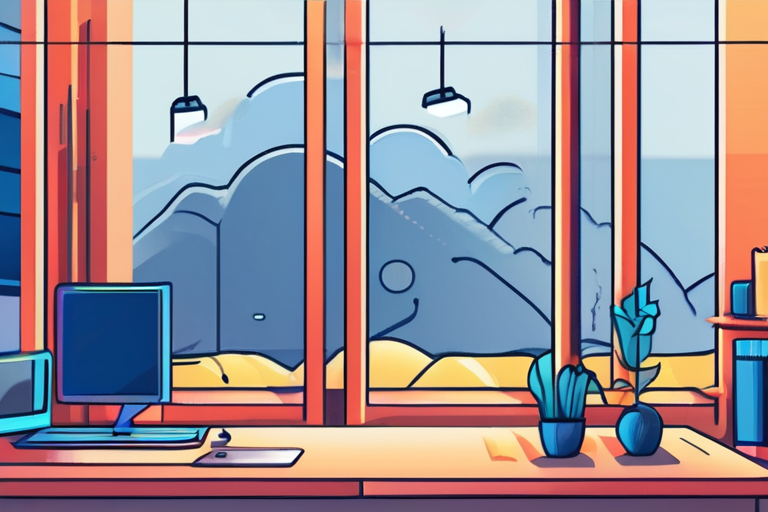
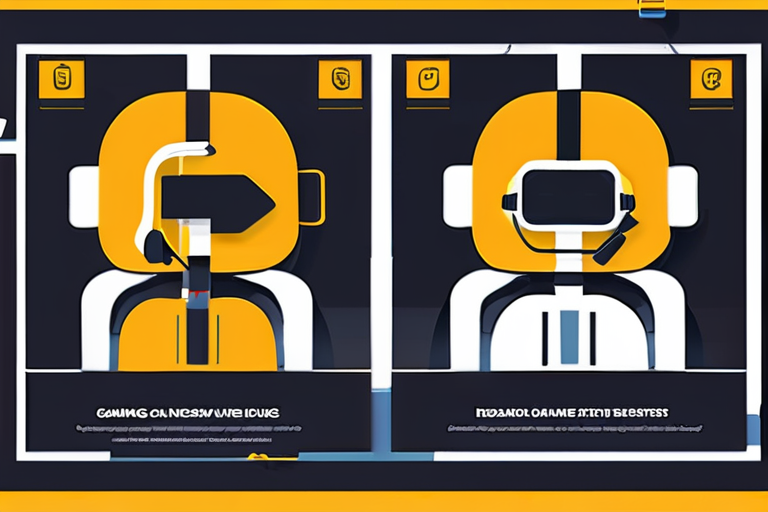
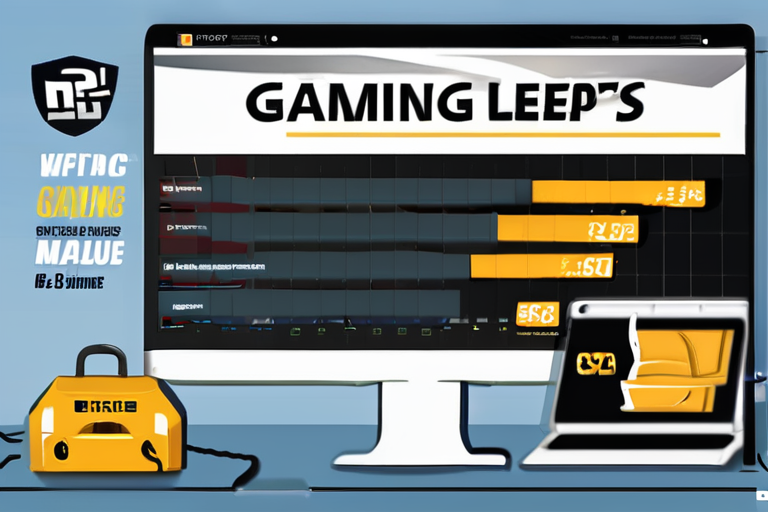
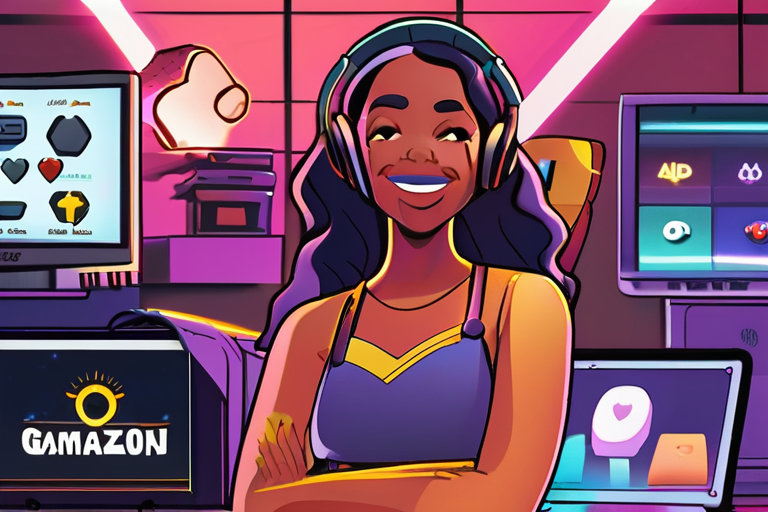
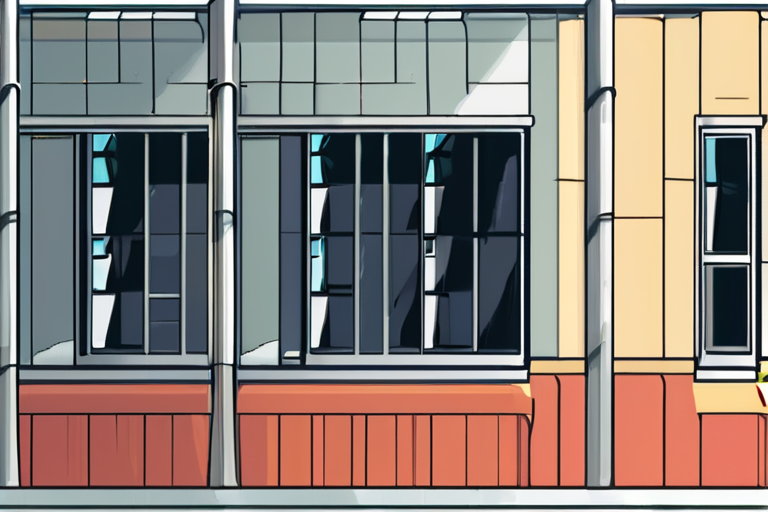
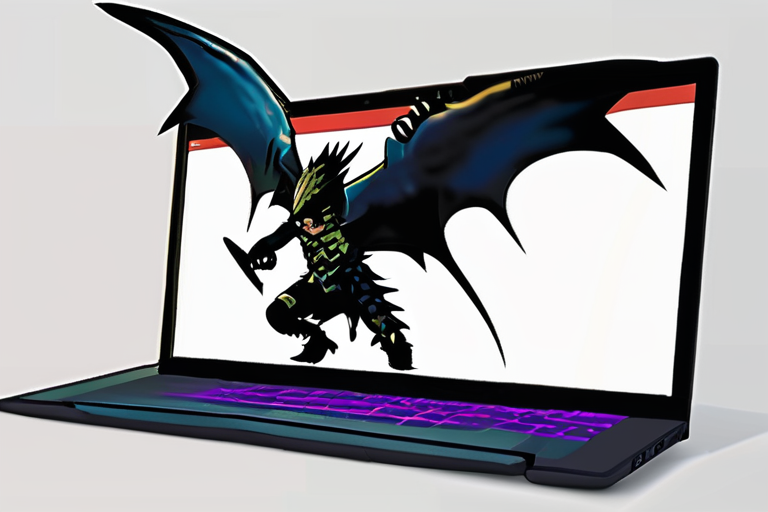
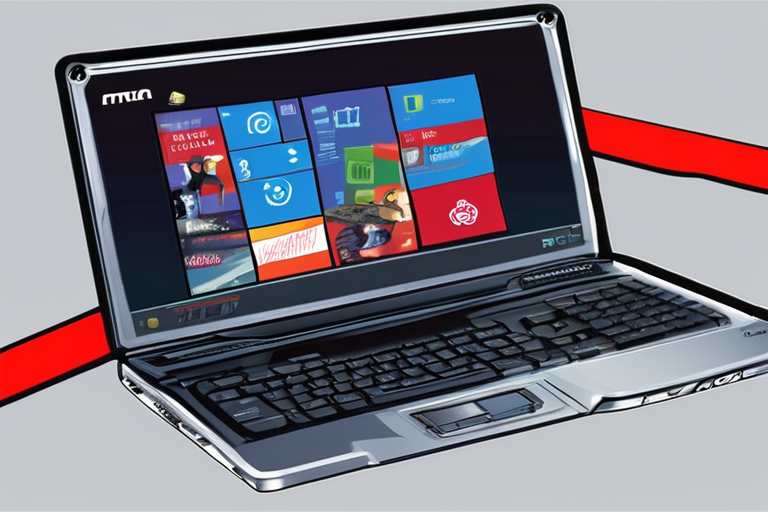
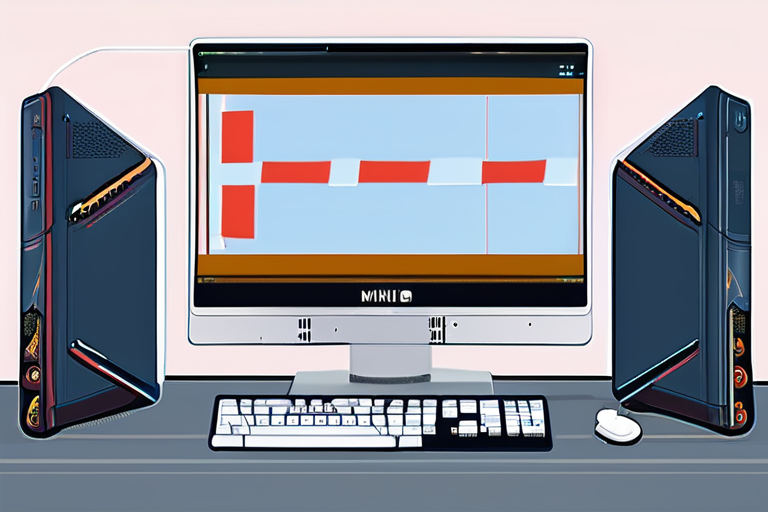
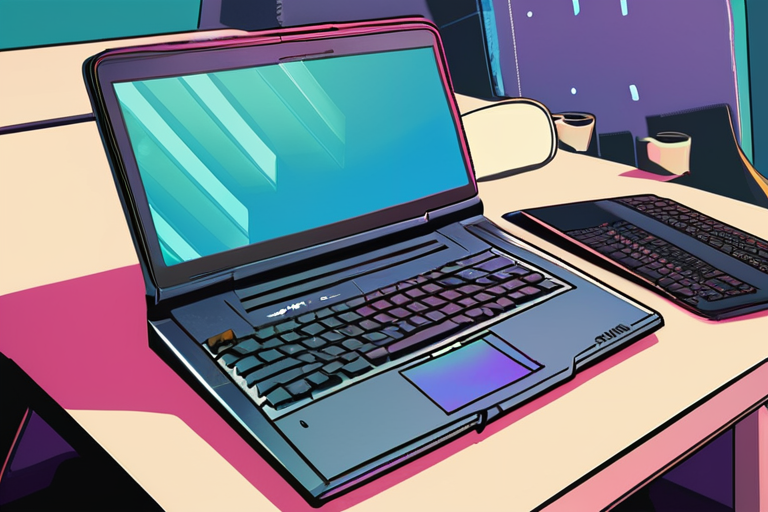
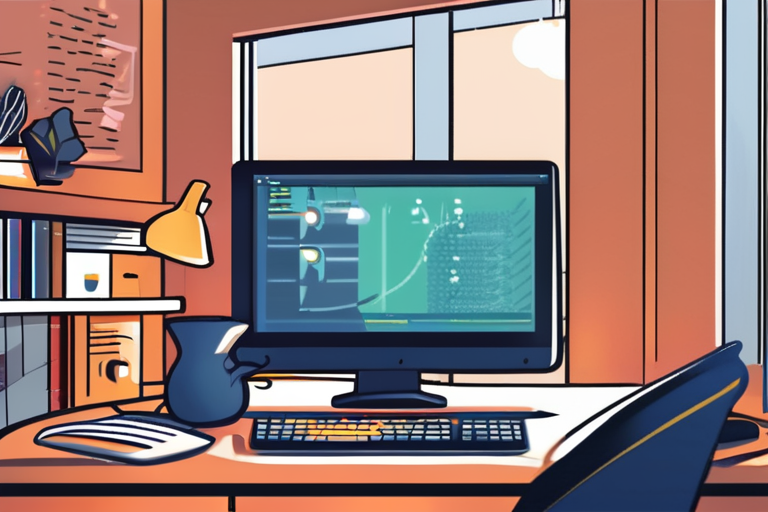

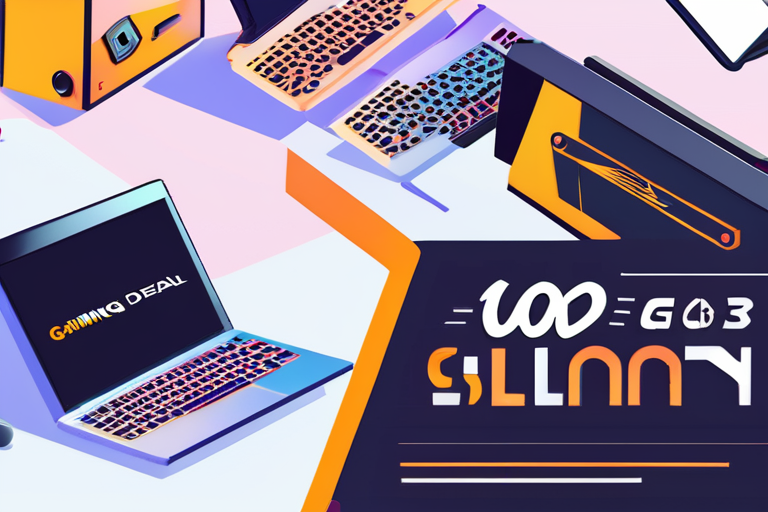
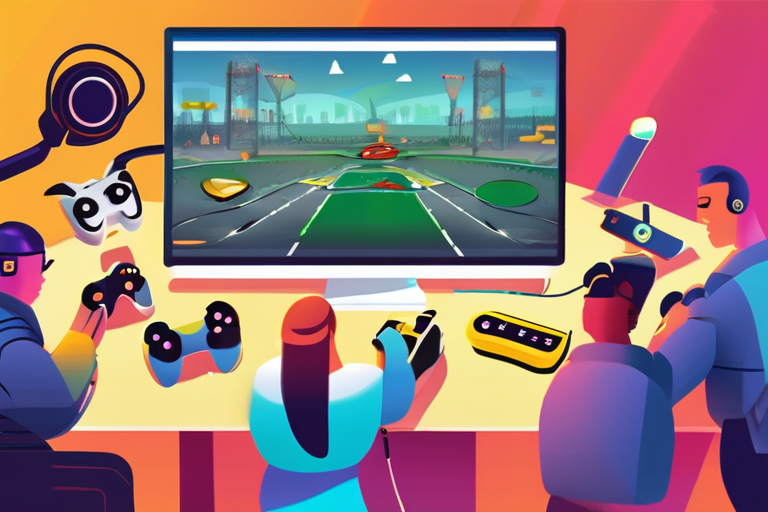
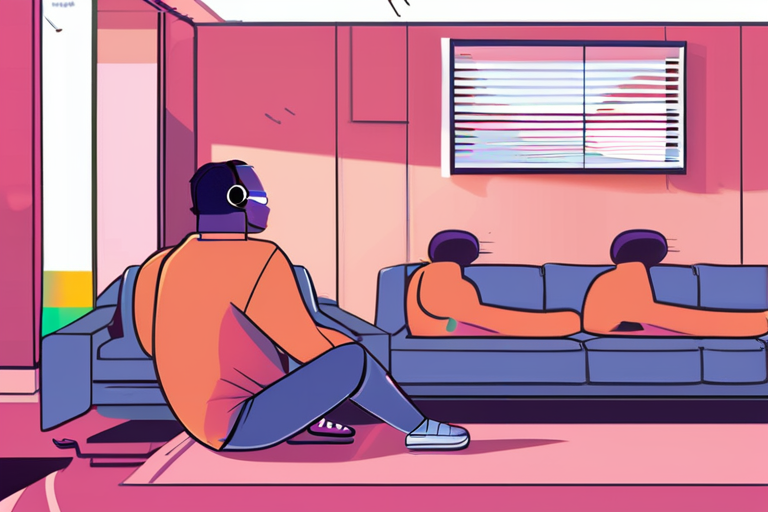
Share & Engage Share
Share this article